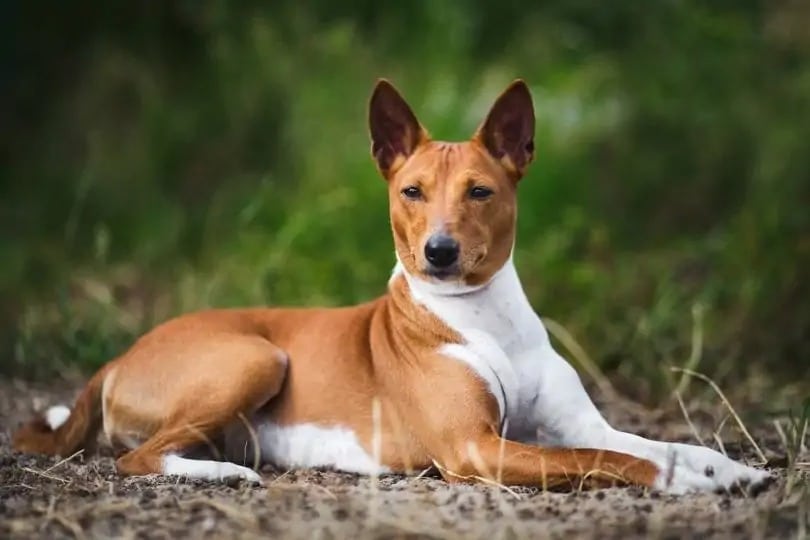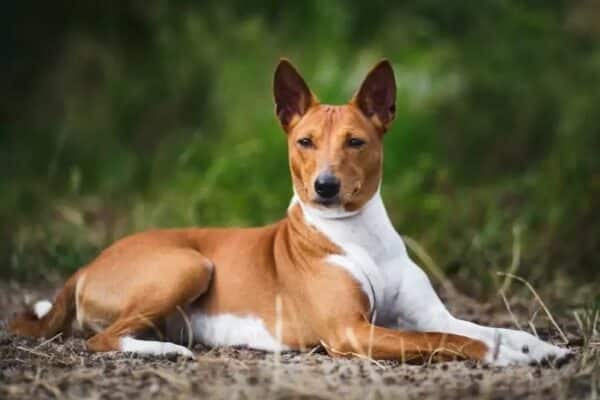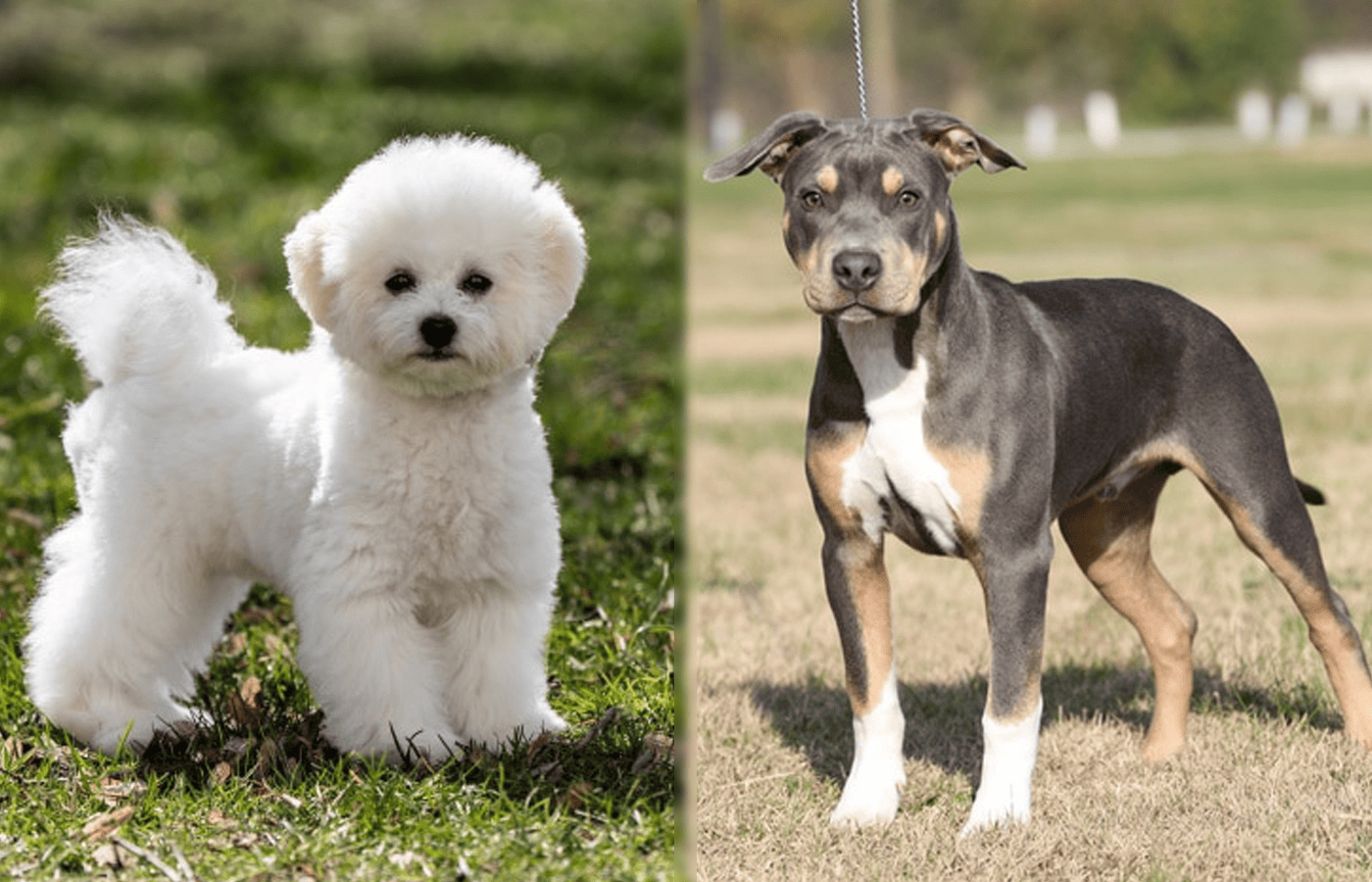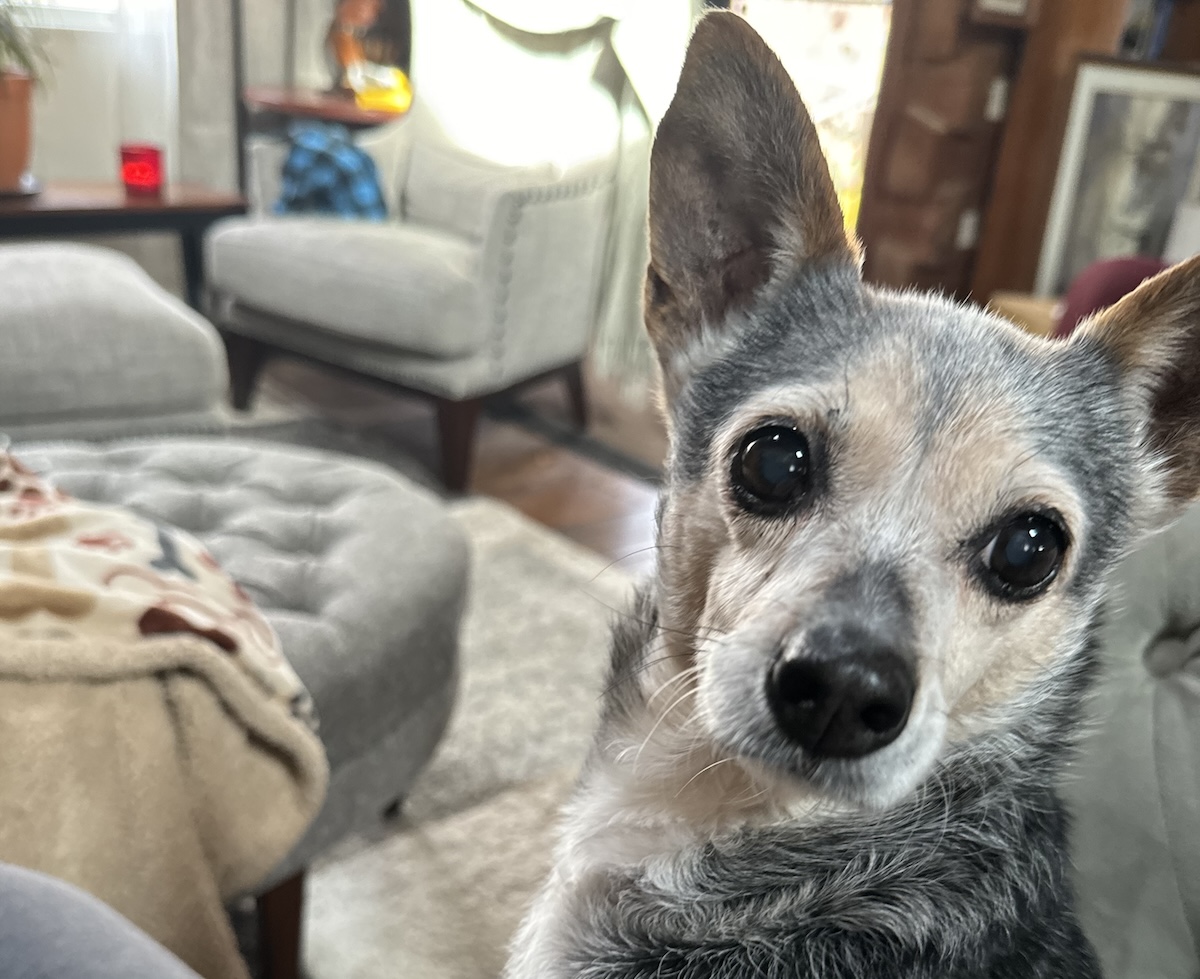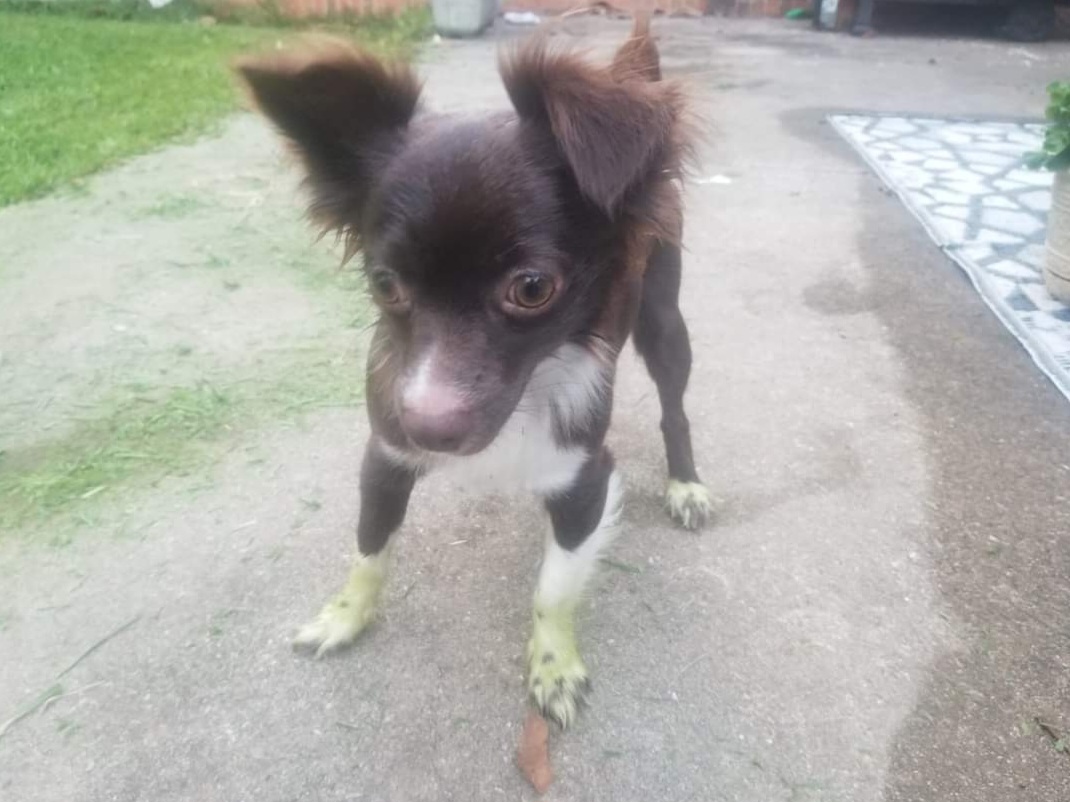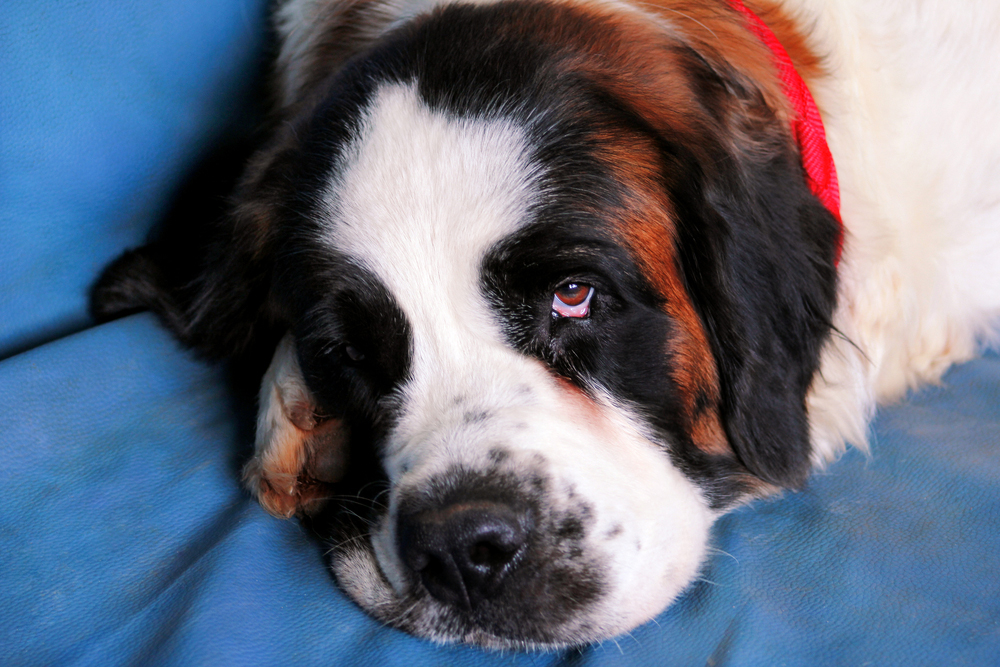Click to Skip Ahead
Africa’s “Barkless” Dog, the Basenji, is a sweet and athletic hunting breed that resembles a dingo. These small, graceful dogs are a mix of primitive dogs and the Spitz breeds, creating an intelligent, strong-willed, and lithe hunter. Though they don’t bark in the traditional sense, Basenjis are capable of many quirky behaviors, including vocalization (sometimes called dog yodeling), standing on their hind legs, and climbing.
While Basenjis can be a great pet, they’re not an ideal fit for every owner and lifestyle. Learn more about the Basenji, their nutrition, exercise, and training needs, and whether they’re the right fit for your home.
Breed Overview
Height:
16–17 inches
Weight:
22–24 pounds
Lifespan:
13–14 years
Colors:
Black and white, black, tan, and white, brindle and white, red and white
Suitable for:
Active families, canine competitors, experienced owners
Temperament:
Sweet, high-energy, fastidious
Basenjis originated in Central Africa by combining Spitz breeds with primitive types for hunting purposes. The result is a unique “African Barkless Dog” that doesn’t bark in the traditional sense. Instead, the Basenji makes a yodel-like sound from the unusual shape of their larynx, as well as several vocalizations often associated with hunting breeds.
According to genetic testing, Basenjis, like wolves and huskies, have one or two copies of the gene responsible for the enzyme to digest starch. This is evidence that these breeds arose before the start of agriculture.
Basenji Characteristics

Basenji Puppies
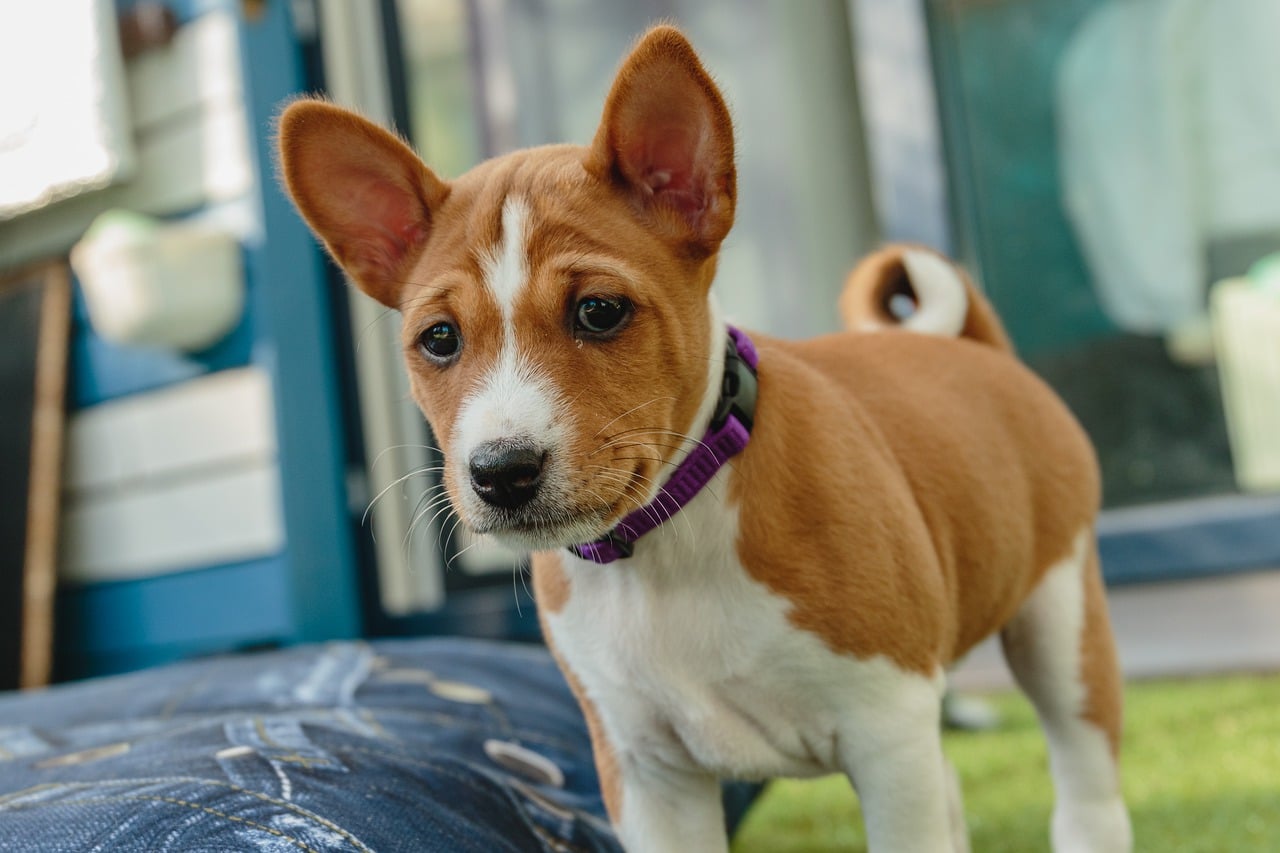
Basenjis are a rare dog breed, especially in the US. With limited breeders and limited litters—as Basenjis only breed once a year—you may need to get on a waitlist for a pup. You’re unlikely to see Basenjis in rescues, shelters, or other adoption scenarios. They’re also unlikely to appear in puppy mill operations, but should you come across one, it’s best to keep looking. In addition to unethical and cruel practices, puppy mills produce dogs with health and behavioral problems.
Basenjis are known for bountiful energy, high intelligence, and a lot of willfulness and mischief. As puppies, these traits may be more pronounced. They can be a handful, so it’s crucial to socialize and train early to develop a well-adjusted adult.
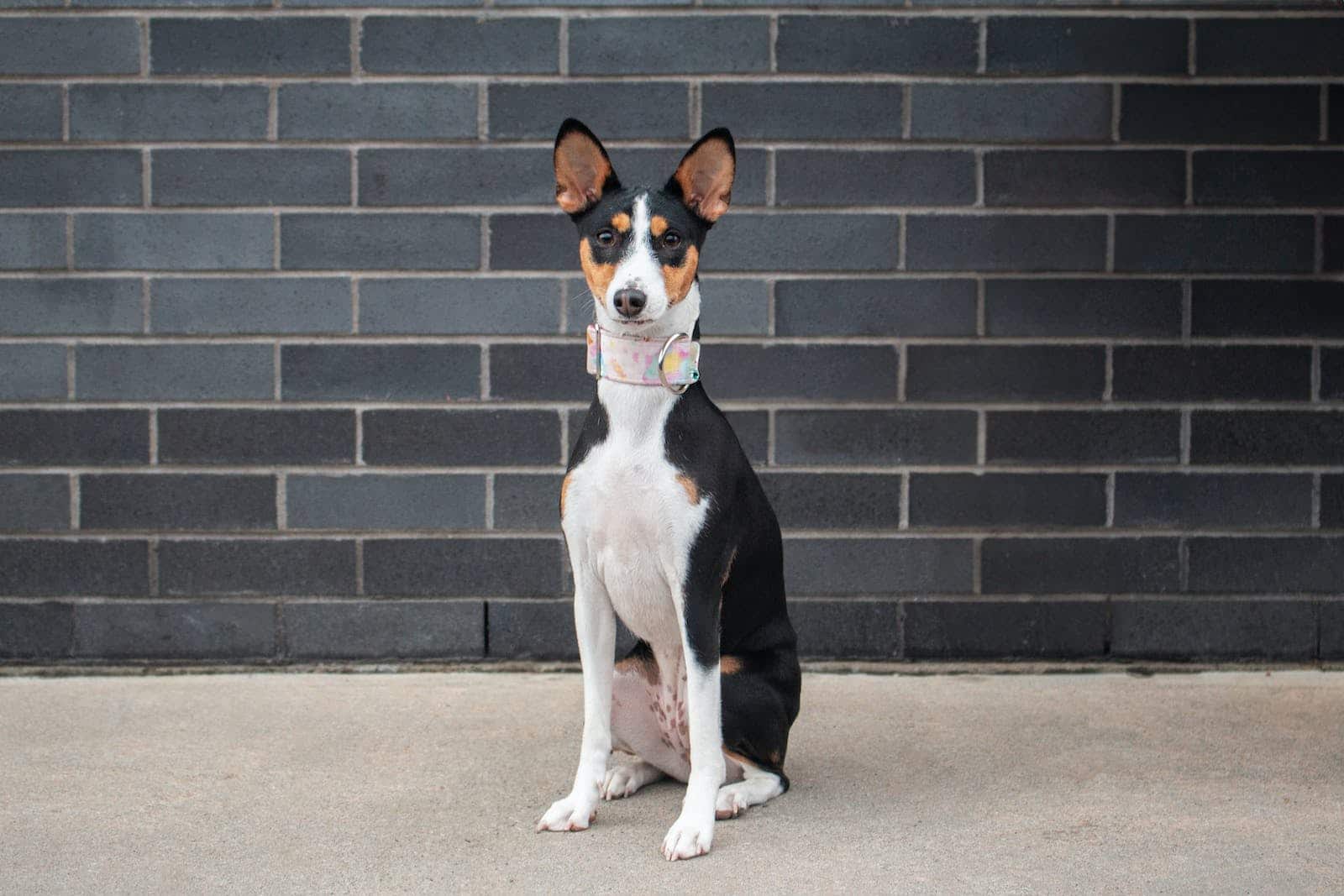

Temperament & Intelligence of the Basenji
Basenjis were trained to hunt and tend to be alert, curious, and energetic. Like other hunting breeds, they typically become attached to one person—a hunting partner. They’re best for owners with experience, as their energy, intelligence, and stubbornness can lead to problems without consistent training.
Are These Dogs Good for Families? 👪
Basenjis can be a good choice for active, experienced families. These dogs tend to be reserved with strangers and may not do well with young children. With their energy level, curiosity, and high prey drive, children may become something to chase or pounce on, leading to possible injuries. If you do get a Basenji with young children, make sure to supervise all interactions and never leave the dog and child alone together.
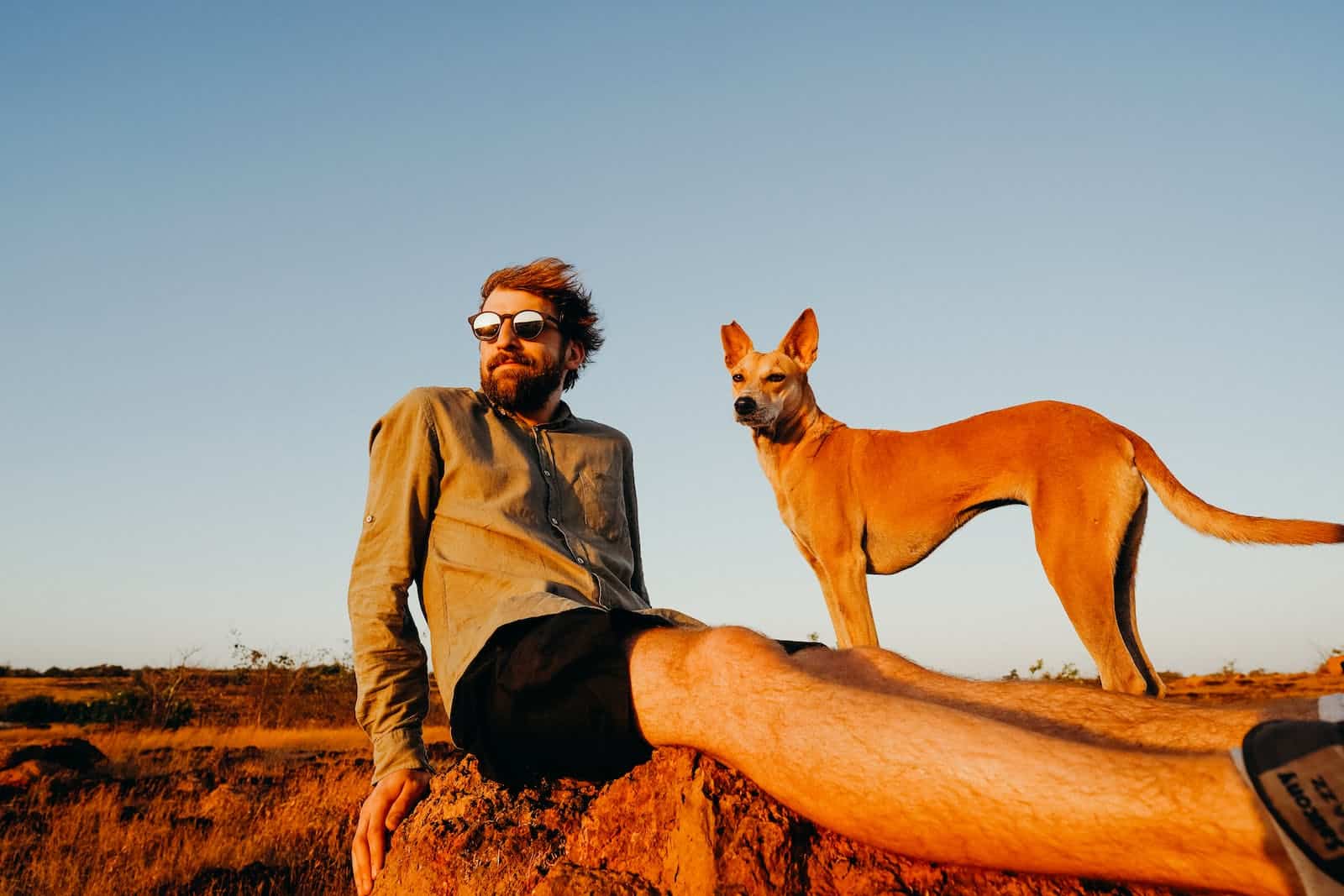
Does This Breed Get Along With Other Pets?
Basenjis may get along with other dogs of medium to large breeds, but they’re not suitable for homes with small animals. As hunting dogs, Basenjis will stalk, chase, and possibly kill cats and other small animals. They can be difficult to train with impulse control, making it more difficult to control their desire to hunt small animals. In addition to small animals in the home, Basenjis are known to hunt and chase wildlife and small game.

Things to Know When Owning a Basenji
Food & Diet Requirements 🦴
Basenjis have a lot of energy and need a high-quality dog food that meets their needs. The food you choose should be appropriate for your dog’s activity level, size, and life stage (puppy, adult, or senior). With their compact build, it’s important that you don’t allow your Basenji to become overweight. Proper portion control combined with structured exercise can keep your Basenji lean and healthy.
Exercise 🐕
Basenjis were bred to do a lot of hard work. They’re extremely active and need an owner committed to providing regular physical exercises and mental stimulation outlets for their inquisitive minds. If a Basenji gets bored, they’re prone to destructive behaviors like chewing. These dogs are not reliable off-leash and may chase small animals, so a fenced-in yard or secure lead is vital. Keep in mind that Basenjis are escape artists and can climb fences, so it’s vital to have a secure yard. If you want a canine competitor, Basenjis are good at lure coursing, tracking, and agility.
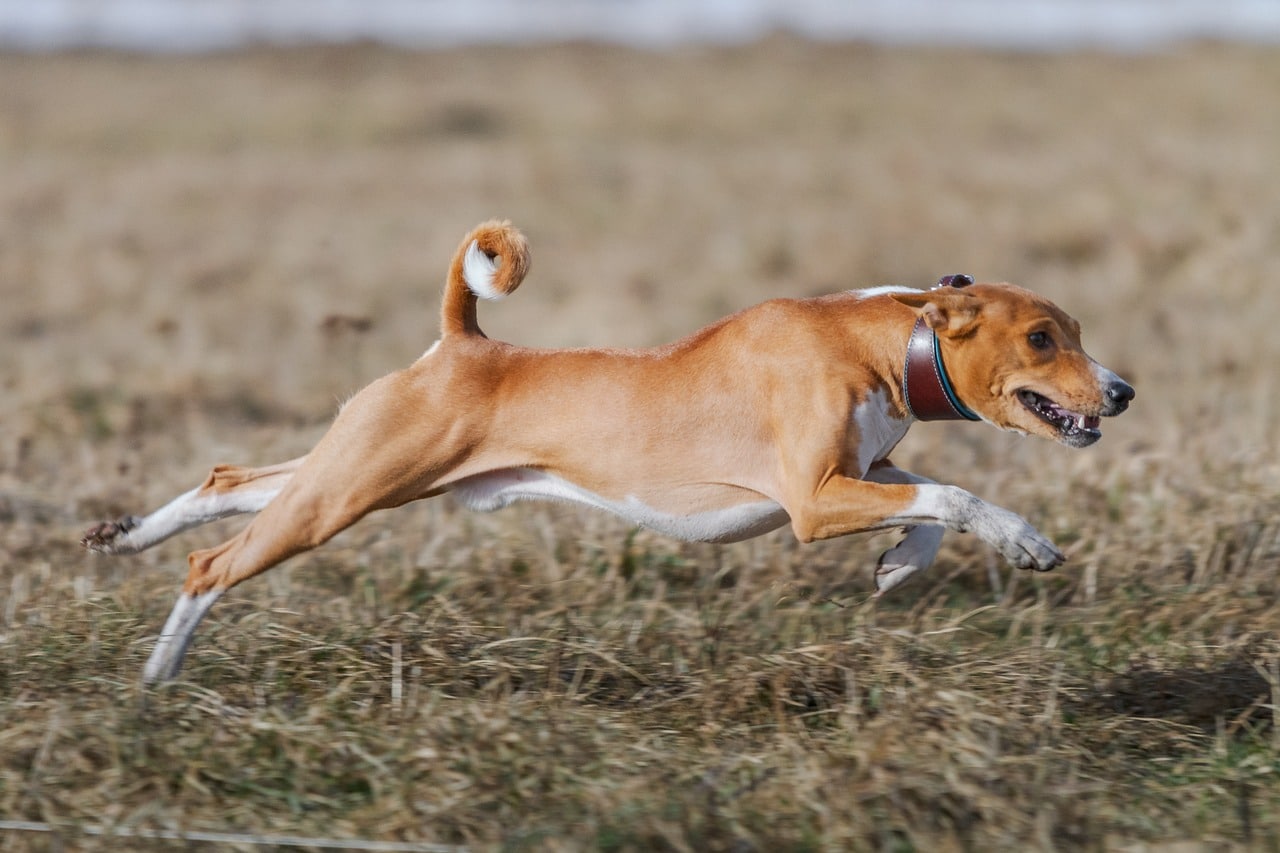
Training 🎾
Though smart, Basenjis are among the least-trainable breeds. They’re often described as “catlike” with their resistance to authority and curiosity. According to The Intelligence of Dogs, Basenjis use their intelligence to serve their own needs, not those of their humans. It’s best to work with a lot of structure and short sessions to hold the Basenji’s attention span. Some skills are just not suitable for Basenjis, including roaming safely off-leash in the open and learning to hold back from chasing small animals.
Grooming ✂️
Another catlike trait of the Basenji is their desire to groom themselves. They like to stay clean and put work into cleaning themselves. Their short coats only need occasional brushing and bathing. Basenjis don’t get a distinctive dog smell. It’s crucial to trim your dog’s nails regularly, however, as overgrown nails can be prone to injury when the Basenji is running around and playing.
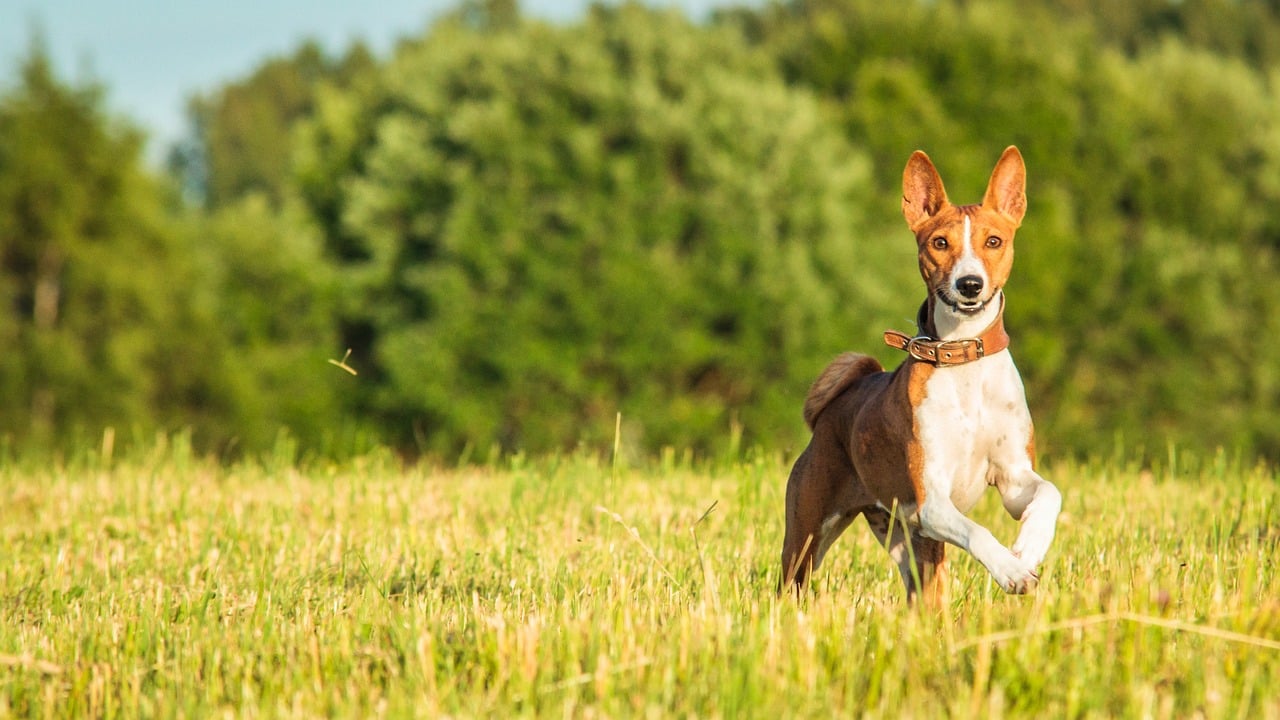
- See Also: 11 Best Dog Shampoos
Health and Conditions 🏥
Basenjis are generally healthy dogs due in part to their limited breeding. Responsible breeders should check for congenital disorders like canine hip dysplasia, progressive retinal atrophy, and a type of inflammatory bowel disease, IPSID, that’s common in the breed. They also carry the gene for Fanconi syndrome, a kidney disorder. Otherwise, Basenji needs regular preventative care like flea and tick medications, heartworm medication, vaccinations, and vet exams.
- Pest infestation
- Weight issues
- Hypothyroidism
- IPSID
- Hip dysplasia
- Fanconi syndrome
- Progressive retinal atrophy

Male vs Female
There’s little notable difference between the male and female Basenji. Males can be a bit larger, leading to higher food and vet costs, but they have similar temperaments and quirks. Spaying or neutering your Basenji can help with some behavioral issues, including roaming, hormone-based aggression, and reproductive health problems.
3 Little-Known Facts About the Basenji
1. Basenjis Hate the Rain
Another catlike trait of the Basenji is that they don’t like wet weather. Despite being rugged hunting dogs, they developed in dry areas of Africa and aren’t particularly rugged when there’s rain, snow, or damp conditions.
2. Basenjis May Act Like Meerkats
One of the quirkiest Basenji traits is when they stand on their hind legs. Whether they balance themselves or lean on an object, Basenjis will prop up like a meerkat to get a better look at something that piques their curiosity.
3. Their Intelligence Is Self-Serving
Basenjis are not highly trainable dogs, but that doesn’t mean they’re stupid. While some breeds make “trainability” and “intelligence” seem synonymous, like the whip-smart and extremely obedient Border Collie, the Basenji proves that being clever doesn’t mean being eager to please. These dogs can be difficult to train, but they reveal their intelligence when they’re trying to accomplish something for themselves.
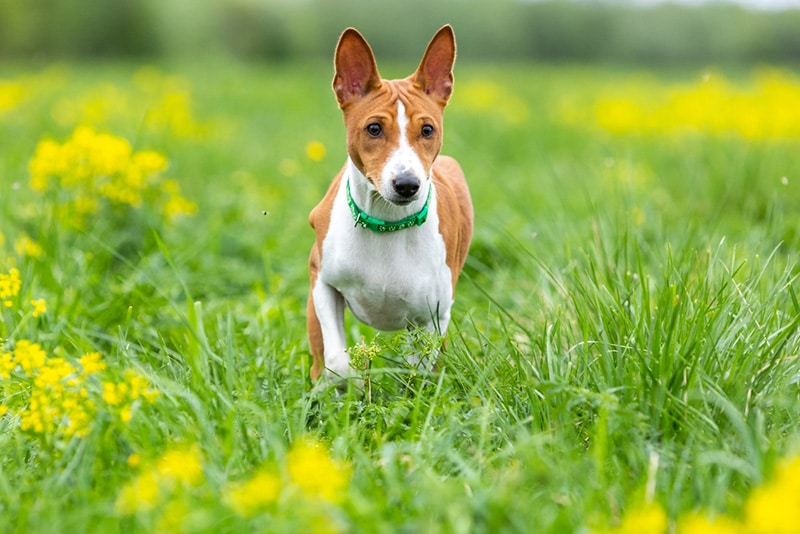

Conclusion
Basenjis are overflowing with personality and energy, which can be a challenge for a lot of owners—especially first-time owners. If you’re committed to providing the right training, security, and mental and physical outlets for the Basenji, they could be a great athletic partner and companion.
See also:
- When to Stop Looking for a Lost Dog: Considerations Explained
- 15 Classic Hound Dog Breeds (With Pictures)
Featured Image Credit: Verbitskaya Juli, Shutterstock

